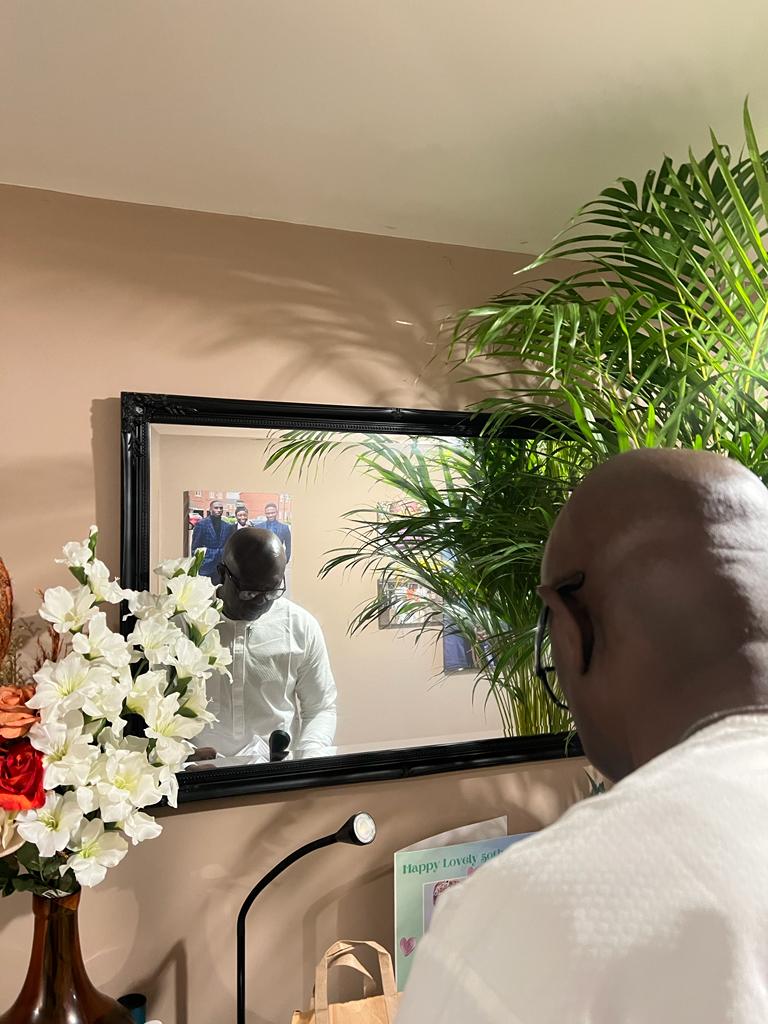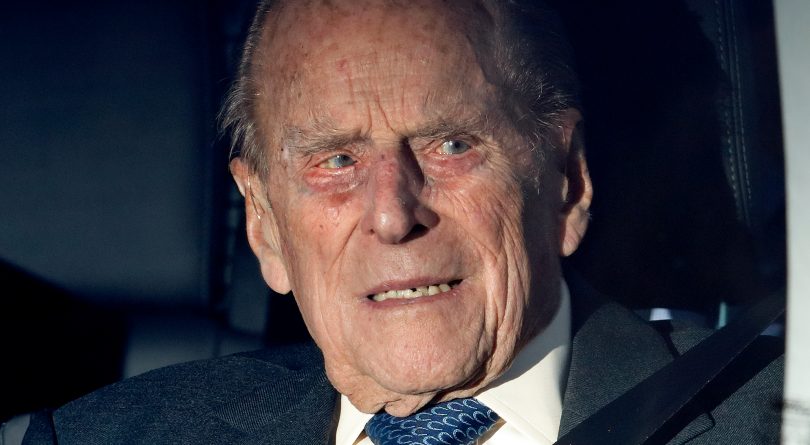By Morak Babajide-Alabi
The news of the car crash involving the Duke of Edinburgh, Prince Phillip came as a shock to quite some people. It was not the incident that was shocking, but the fact that the ninety-seven-year-old was behind the wheel of the overturned Land Rover. The crash which happened on Thursday night on the A149 near the Queen’s Sandringham estate involved the Duke’s vehicle and a car carrying a baby and two women, one of whom had been treated for a broken wrist.
The Duke is known to be a “hardcore man” (whatever that means), but for God’s sake, you would expect him to slow down as he ages. According to the World Bank, the life expectancy in the United Kingdom in 2018 is 80 years. This, however, should not be a licence for the Duke to take to the wheel. Many responsible people of his age are happy being chauffeured around.
The Duke is not one to be pushed around as he is reported to have always insisted on being in the driver’s seat. This may be his way of exercising authority away from playing second fiddle to his wife, the Queen. His nonagenarian driving skills caught the attention of the world in 2016. At the time he gave a lift to the visiting former President of the United States of America, Barrack Obama and his wife, Michelle. It was a media grabbing moment with the Duke (94 years old at the time) behind the wheel while the Queen and the First Lady were at the back. Few eyebrows were raised because it was a journey of only about 400 yards.
The Thursday car crash has “finally” called to question if the Duke and many of his age groups, should be allowed to drive on public roads. This is worrisome as medical studies have proven that as we age our senses of sight and sound decline, thus impacting our mental judgement. Some have also argued that individuals should not be denied the right to drive as long as they are still mentally alert. To what extent should this alert be trusted for people over the age of 80?
In the UK there is no age limit to driving; but, individuals above the age of 70 are expected to renew their licences every three years. There have been a few high-profile accidents caused by old age drivers that have called this policy to question. A good example is that of the three-year-old Poppy-Arabella Clarke killed by a pensioner who had been advised before to stop driving.
As the UK police are still investigating the cause of the crash, it will, therefore, be inappropriate for anyone to suggest that it was caused by age-related factors. The Royal Family claimed the Duke escaped uninjured but shaken. There have been suggestions that this might be far from the truth as a witness who assisted the Duke out of the overturned jeep told the media the Duke was bleeding after the crash.
The Duke was taken to the hospital for a check-up and is being kept under watch at the Sandringham estate. We do not know why they have been economical with the truth, but they probably thought it is damage control.
This might be the right time to call off the Duke’s driving duties. He should, for once, concentrate on his role as the queen’s husband, father, grandfather and great-grandfather.
MAY’S BREXIT CAREERS OFF TO A CRASH
On Tuesday, Prime Minister Theresa May suffered her biggest defeat in the Parliament. Her draft agreement with the European Union leaders was defeated by a majority of 230 votes. She got thumped and wrote herself into history book as the PM with the heaviest parliamentary defeat. The MPs, including many from the ruling Conservative Party, disagreed with her plans on how the UK will exit the EU.
Although a defeat of May’s BREXIT draft was expected, the margin was unimaginable. The Prime Minister, tried as much as she could, struggled to keep a straight face when the votes were called out on the floor of the parliament. It was a harrowing moment for May and her supporters as they sat there contemplating the impact of the defeat on their political careers. Their attempts of brave faces gave their shame away.
The Prime Minister deserves no sympathy as she had been very adamant in the defence of her BREXIT draft agreement. She, on many occasions, had threatened that it was her deal or no deal at all. She foreclosed discussions on other suggested options, even at the risk of losing her valued ministers. She was a woman who set herself up for a big loss.
The Prime Minister can still take consolation in the fact that she survived the opposition Labour Party’s motion of no confidence. It was a close call but saved just by the tiny margin of nineteen votes. Her supply and demand friends in the Democratic Unionist Party (DUP) came to her rescue. May won the vote but she knows beyond any figment of doubt that she has more than a lightweight fight on her hand.
The Labour Party leader Jeremy Corbyn had commented earlier on the defeat of May’s draft agreement: “This is a catastrophic defeat. The house has delivered its verdict on her deal. Delay and denial have reached the end of the line.”
May had tried to save the deal by appealing to the MPs, still clutching to the “will of the people” line. She said: “This is the most significant vote that any of us will ever be part of in our political careers. After all the debate, all the disagreement, all the division, the time has now come for all of us in this house to make a decision. A decision that will define our country for decades to come. Together we can show the people we serve that their voices have been heard, that their trust was not misplaced.”
This did not save the withdrawal agreement.
When May took over the reins of power from the youthful David Cameron in 2016, she came across as a very sweet politician. Although her records as the Home Secretary revealed a woman with little or no heart of mercy, we saw her as a fresh face in 10 Downing Street. But one thing is sure, she never dreamt of the stress of the role of a PM. As days turned to weeks, months and years, the toll of the responsibilities of the office is beginning to be visible on this sixty-two years old woman.
It has not been an easy ride. When she is to be judged by history it is hoped it would consider the fact that she took over at a critical period in the life of the nation. Would history write her as an unwilling politician who stood up when her country needed her most? Or would she be classed as the arrogant and self-believing woman who never gave thought to alternative suggestions? Would her “almost late” rallying calls to the leaders of the opposition parties be her saving grace?
These and many more questions would be addressed by history. But we are certain, for now, BREXIT is not heading the right way. She will be presenting a Plan B to the parliament tomorrow. But how much will change in the new draft agreement?
As written for the Diaspora Matters column, Sunday Vanguard of January 20, 2019.







